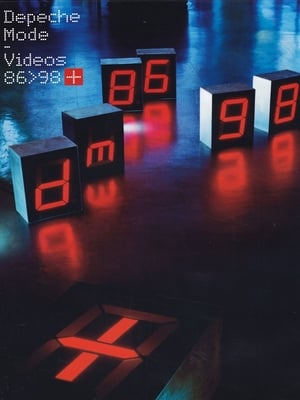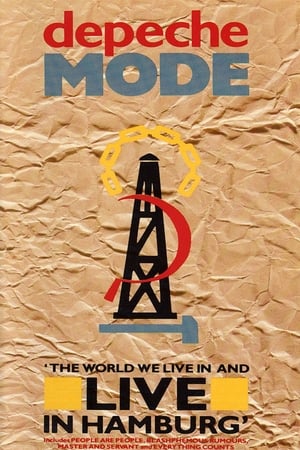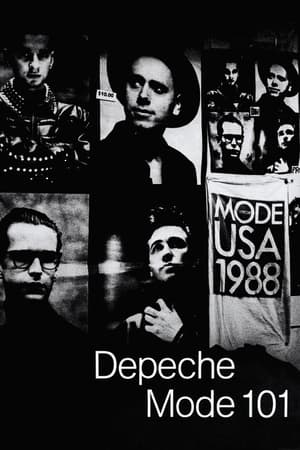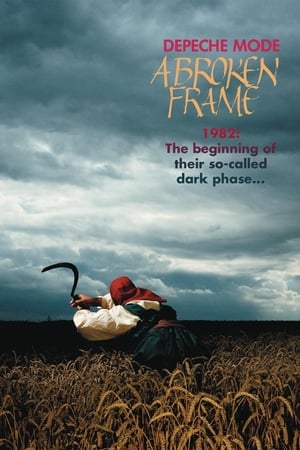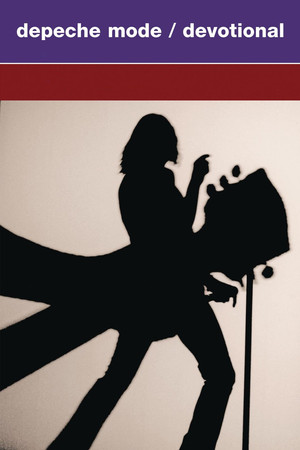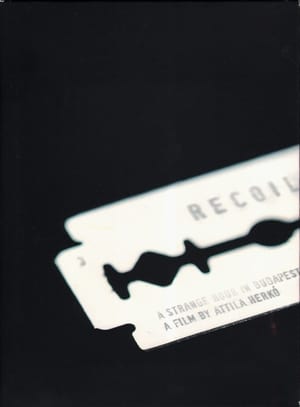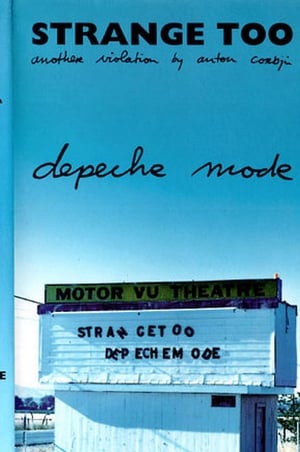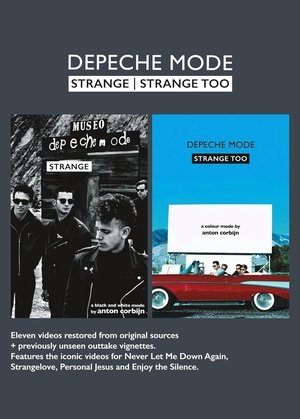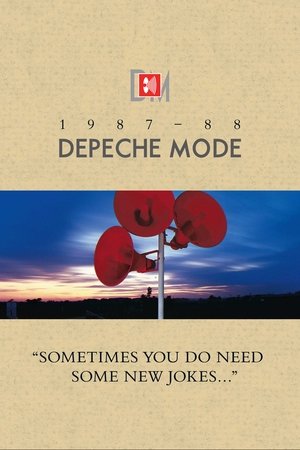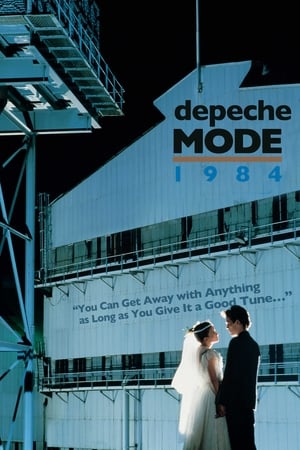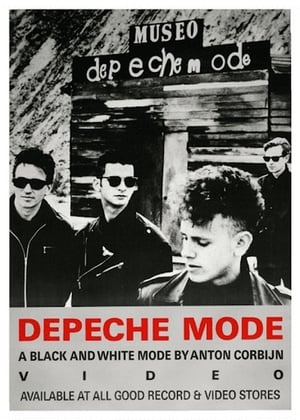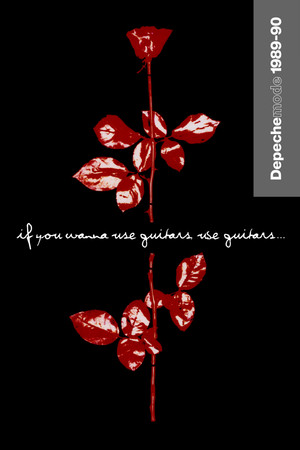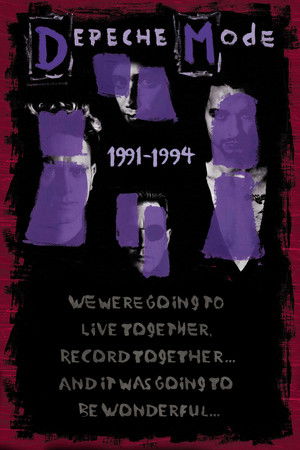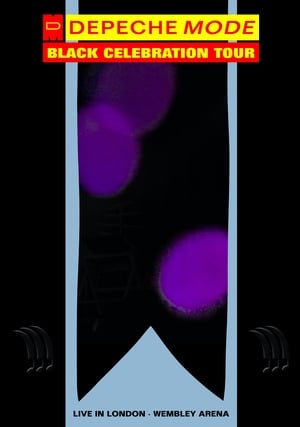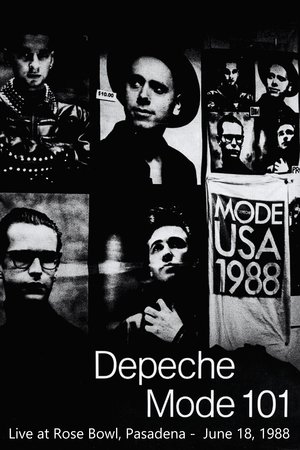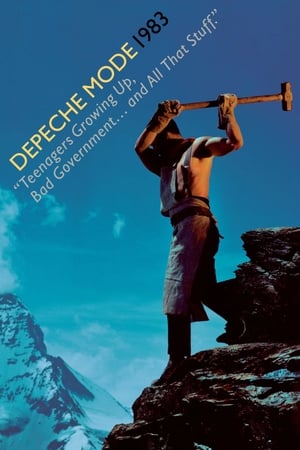Biography
Alan Charles Wilder (born 1 June 1959) is an English musician, composer, arranger, record producer and former member of the electronic band Depeche Mode from 1982 to 1995. Since his departure from the band, the musical project called Recoil became his primary musical enterprise, which initially started as a side project to Depeche Mode in 1986. Wilder has also provided production and remixing services to the bands Nitzer Ebb and Curve. Alan Wilder was inducted into the Rock and Roll Hall of Fame in 2020 as a member of Depeche Mode. He is a classically trained musician.
Alan Charles Wilder was born the youngest boy born into a middle class family of 3 boys and was raised in Acton, West London. He began piano at the age of eight, through the encouragement of his parents. Later on, he learned the flute at St Clement Danes grammar school and became a leading musician in his school bands. After school, Alan worked as a studio assistant at DJM Studios. This led to him ending up working for bands such as the Dragons and Dafne & the Tenderspots (as Alan Normal). Others include Real to Real (featuring Adrian Chilvers on bass, Pete Fresh on guitar, Wolfgang Marlander on drums and Paul St. James on vocals), the Hitmen, and the Korgis, appearing on the UK No. 13 single "If I Had You" (1979).
Following the departure of Vince Clarke, Depeche Mode placed an advertisement in the music magazine Melody Maker: "Keyboard player needed for established band – no timewasters." Even though the ad was looking for someone under 21 (Wilder was 22) he lied about his age to get the job, and got away with it. He joined Depeche Mode in January 1982, initially as a tour keyboardist, and soon thereafter as a full member of the recording band. His first studio contribution was on the single "Get the Balance Right!" in December 1982, released the following month.
Wilder wrote a handful of songs for Depeche Mode, including "Two Minute Warning" and "The Landscape Is Changing" (and a B-side, "Fools") from the album Construction Time Again, and "If You Want" (and a B-side, "In Your Memory") from the album Some Great Reward and finally co-wrote "Black Day" (and a B-side, "Christmas Island") from the album Black Celebration. However, Wilder's more notable contributions to Depeche Mode were as a musician, arranger, and producer.
In addition to playing synthesizer throughout his time with Depeche Mode, Wilder also played piano on the band's signature ballad "Somebody". In the documentary film 101, Wilder demonstrates how different synthesizer parts of a song are split and arranged across a sampling keyboard for playing them live during the concert, just one small example of Wilder's ongoing contributions to Depeche Mode during his time as a member of the group. For the recording of the album Songs of Faith and Devotion and its corresponding Devotional Tour, Wilder also played live drums.
For "Enjoy the Silence" from the album Violator, Wilder took Martin Gore's melancholy ballad-esque demo and re-envisioned the song as a percolating, melodic dance track. The resulting single went on to become one of the most commercially successful songs in Depeche Mode's history. ...
Source: Article "Alan Wilder" from Wikipedia in English, licensed under CC-BY-SA 3.0.

